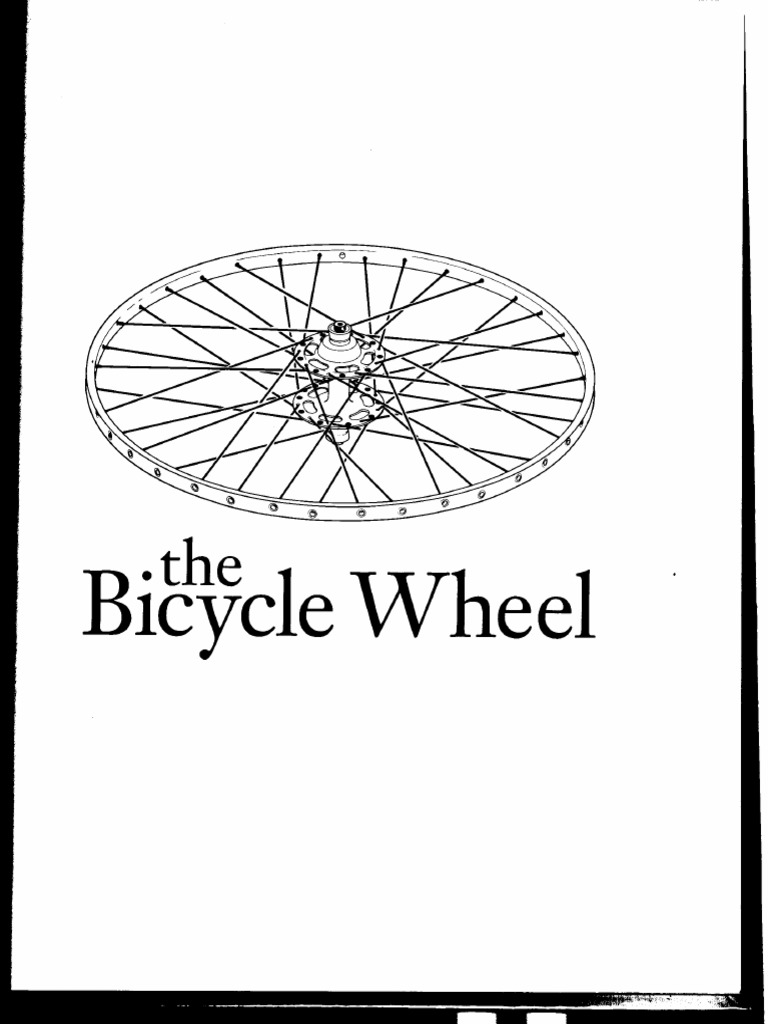I fancy having a go and wheel building but understand that this is a black art and not easily learnt?
.....
How did you guys learn and other than an old ‘practice’ wheel, what do I need to get started?
Okay, let's get one thing straight, it's not a black art. It's engineering. It's a science. Get over that "black art" rubbish and you'll be in a better mindset to approach the task than you would be by thinking you need to sign a pact in blood with Lucifer himself.
It can be learned. Is it easily learned? Yes, because it's science. Good spoke key, truing stand, some patience and a good attitude and you'll nail it. Stop thinking it is some mystical art practised by shaman and witches with a wheel stand on some misty moors on the equinox. It's an [expletive] science.
Don't expect to be one of those wheel building guys who throw all 32 (or 28 or 36) spokes into a hub at once and have it laced up in 2 minutes - those dudes do it all the time. But you can sit down and build yourself a wheel over the course of a couple of hours and be rewarded by the results.
My first attempt was a crap wheel, pulled it apart and tried to put it back together again. Miserable - I was fighting crusty spoke threads and rounded off nipples. Then I tried it with new spokes and nipples, new rim and new hub and it went smoothly.
Can't remember how I learned, it was pre internet, but you can do a lot worse than the late, great Jobst Brandt's book "The Bicycle Wheel".
The Bicycle Wheel

www.scribd.com
Being able to build a wheel is handy, and also helps you understand the engineering of a wheel so that you can fix when a wheel goes out of true or round. It's a great skill to have.
Hell, if I can do it, a strategically shaved gibbon can do it.
Grumps
